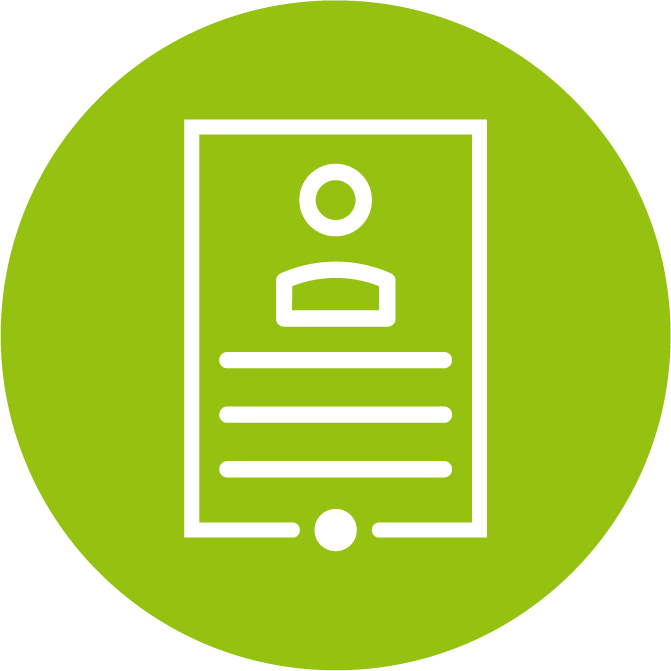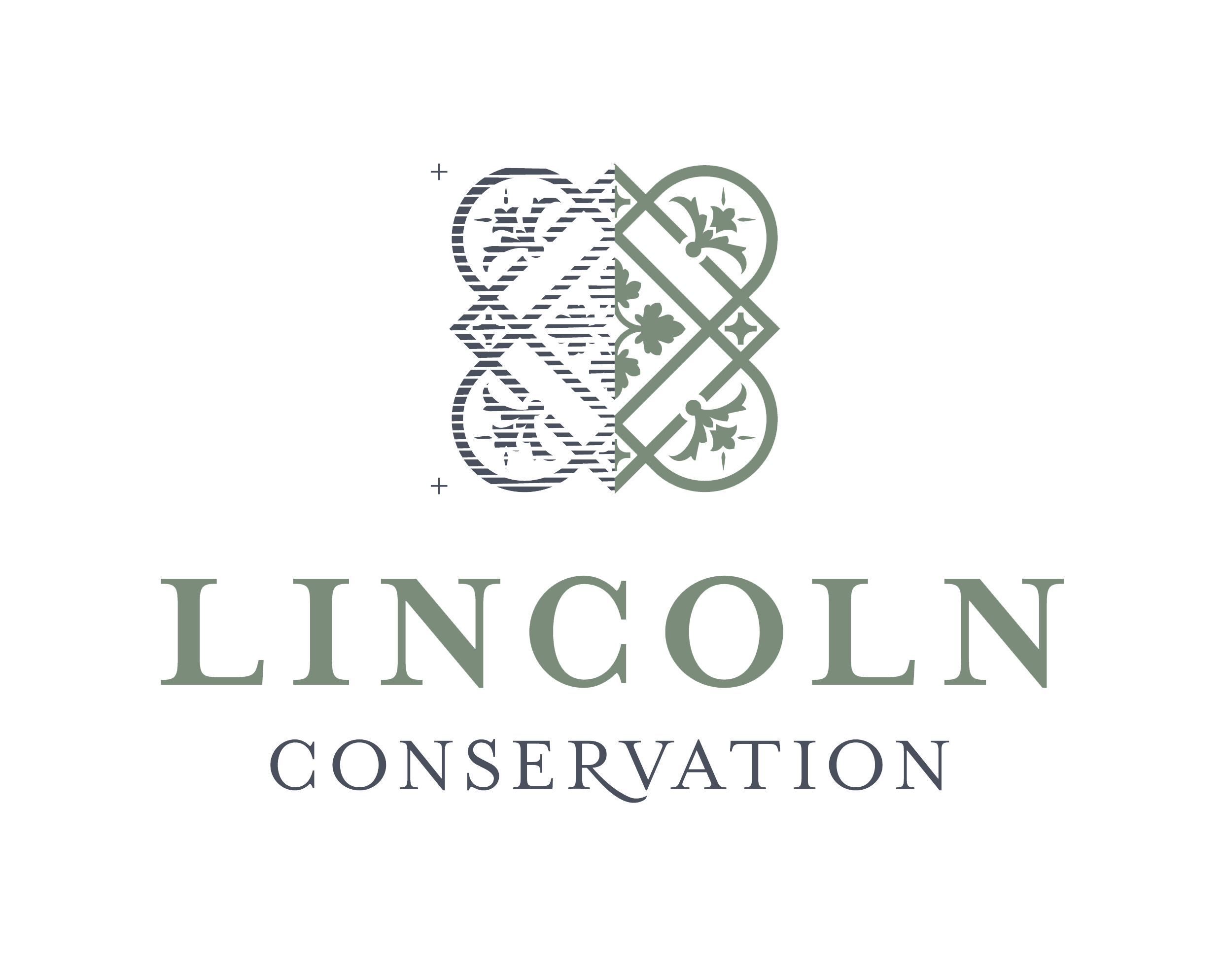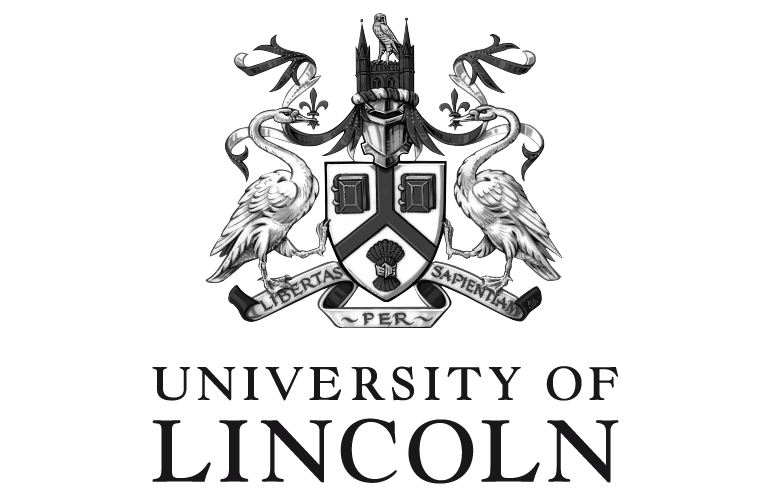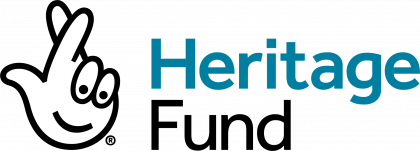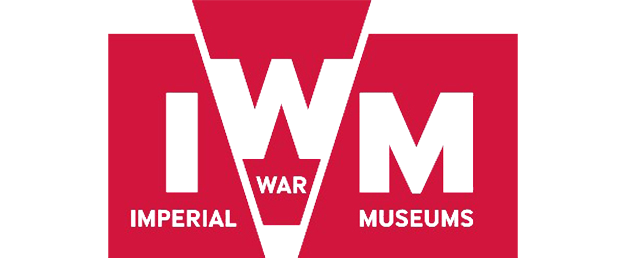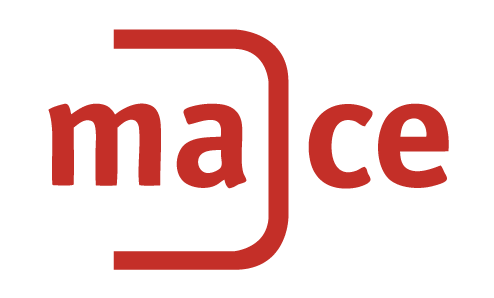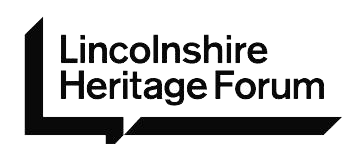Event
Institutions in the 21st Century
Anne Grady (European Commission) ‘The European Framework for Action on Cultural Heritage’
Abstract:
Presentation will focus on the legacy of the European Year of Cultural Heritage – the Action Plan – with a particular emphasis on the recommendations of the Sustainable Cultural Tourism Open Method of Coordination group and the Global Solving Platforms. European Year of Cultural Heritage 2018: Over the course of 12 months, the European Year showcased the wealth and diversity of Europe’s cultural heritage. There was targeted funding such as the specific call under Creative Europe, which dedicated €5 million to 29 cooperation projects promoting cultural heritage. In addition, under Horizon 2020, EUR 66 million was invested in heritage-related projects and technology. Other activities of the Year included two Open Method of Coordination Working Groups of Member States:
– Sustainable Cultural Tourism – examining the challenges and opportunities, and identifying best practice for achieving Sustainable Cultural Tourism as a new European tourism offer. Taking account the digital shift, it offers recommendations inspired by case study examples and suggests new innovative approaches as well as guidelines for policy makers and practitioners.
– Skills, Training, and Knowledge Transfer in the Cultural Heritage Professions – investigating skills, training and knowledge transfer in the heritage professions in Europe. The Legacy: An integral part of the Year is the legacy – encapsulated in the European Framework for Action on Cultural Heritage .
The Action Plan reflects the direction for heritage-related activities at European level, primarily in EU policies and programmes. Over 60 concrete actions have been identified and will start in 2019 and continue in 2020. These concrete actions include a series of three yearly meetings on the future of heritage known as global problem solving platforms. These platforms will involve national governments and their agencies, key global institutions, experts and young global leaders. Through the Creative Europe programme, the platform meetings will be held between 2019 and 2020, starting in Dublin (heritage and social innovation), continuing in Prague (heritage, digital platforms and cultural and creative sectors) and concluding in Lisbon (heritage and urban regeneration). The platforms will help disseminate the results of ongoing experimentation and research among cultural heritage institutions and stakeholders and in the field of social policies. For example, these could include the integration of cultural expertise in social psychology, cognitive and social neuroscience, anthropology, sociology and economics.
Eilish Clohessy (Derby Museums Trust) ‘Co-Production and 3D Imaging at Derby Museums’
Abstract:
At Derby Museums, co-production in embedded in everything we do. We work with our communities to develop and deliver meaningful experiences within our museums and beyond. This has included furniture building, exhibition development, collections care and 3D imaging. We have co-produced almost every step of our 3D imaging programme with the public, our volunteers and other strategic partners, from creating 3D models to their use once complete. This presentation will highlight the unique co-production approach we have developed at Derby Museums to generate 3D content for Derby’s forthcoming Museum of Making and explore the opportunities and challenges this has presented. Our co-production strategy means we work with our communities to develop and deliver meaningful experiences within our museums and beyond. This strategy has included creating 3D content using professional equipment and free applications with school and college groups and with members of the public during drop-in 3D scanning sessions. We also work with volunteers to increase the amount of models created which, once completed, are shared online, allowing further engagement with our communities and showcasing our collections worldwide. Creating opportunities for skills sharing has formed a natural part of this programme, with experienced volunteers sharing their knowledge and the museum providing training to other volunteers and members of staff where needed. This project is also integral to our aims for the collections in the new museum to be 100% accessible, to share our collections worldwide and to engage our existing communities. 3D imaging has allowed us to tell our object’s stories in a new way, a process that has significantly benefitted from involving our community in the project through the process of co-production. The 3D imaging programme at Derby Museums would not exist in its present form without the contributions we’ve had from volunteers and members of the public.
Katherine Alston (Imperial War Museums) & John Hunter (non zero one) ‘Collaborating Not Commissioning: a case study of a cross-sector, co-production partnership with artists’ group, non zero one, at Imperial War Museums, to produce new digital experiences for schools and families’
Abstract:
In 2017 the Public Engagement and Learning team at IWM began a new way of working, creating programmes with external partners that embed digital and provide visitors with the means for conversation and discovery about war and conflict. This presentation is a case study in advocacy for cross-sector co-production partnerships in creating digital experiences. Documentary Challenge, a smartphone-based video-making experience, was developed in partnership with non zero one using scratch methodology, an iterative process of user-testing and refining, to produce a digital experience based around an app. Giving visitors agency, and encouraging empathy-based learning outcomes, IWM wanted to use digital technology to allow visitors to use their imaginations, express opinions, and tell the stories behind our objects in their own words. As the project lead for Documentary Challenge, I want to speak about the challenges of creating a digital experience in a national institution by working with external creative partners, non zero one, in an agile way – working collaboratively as opposed to commissioning. I will discuss why IWM chose non zero one, an immersive theatre company, to develop an app rather than digital developers. I will talk about the agile process of developing a digital experience with external partners which fulfils IWM’s strategic objectives, prioritises audiences, and is financially sustainable. I will discuss the tension of balancing creativity and innovation with the practicalities and considerations of producing a digital experience for a national institution, meeting legal requirements, i.e. GDPR, IPR. The aim of this presentation is to learn from real-life experience of running an iterative digital project, where audience needs informed the development of technology, not the other way around, as well as learning how scratch methodology and artistic processes can benefit the development of a digital experience.
Abstract:
Presentation will focus on the legacy of the European Year of Cultural Heritage – the Action Plan – with a particular emphasis on the recommendations of the Sustainable Cultural Tourism Open Method of Coordination group and the Global Solving Platforms. European Year of Cultural Heritage 2018: Over the course of 12 months, the European Year showcased the wealth and diversity of Europe’s cultural heritage. There was targeted funding such as the specific call under Creative Europe, which dedicated €5 million to 29 cooperation projects promoting cultural heritage. In addition, under Horizon 2020, EUR 66 million was invested in heritage-related projects and technology. Other activities of the Year included two Open Method of Coordination Working Groups of Member States:
– Sustainable Cultural Tourism – examining the challenges and opportunities, and identifying best practice for achieving Sustainable Cultural Tourism as a new European tourism offer. Taking account the digital shift, it offers recommendations inspired by case study examples and suggests new innovative approaches as well as guidelines for policy makers and practitioners.
– Skills, Training, and Knowledge Transfer in the Cultural Heritage Professions – investigating skills, training and knowledge transfer in the heritage professions in Europe. The Legacy: An integral part of the Year is the legacy – encapsulated in the European Framework for Action on Cultural Heritage .
The Action Plan reflects the direction for heritage-related activities at European level, primarily in EU policies and programmes. Over 60 concrete actions have been identified and will start in 2019 and continue in 2020. These concrete actions include a series of three yearly meetings on the future of heritage known as global problem solving platforms. These platforms will involve national governments and their agencies, key global institutions, experts and young global leaders. Through the Creative Europe programme, the platform meetings will be held between 2019 and 2020, starting in Dublin (heritage and social innovation), continuing in Prague (heritage, digital platforms and cultural and creative sectors) and concluding in Lisbon (heritage and urban regeneration). The platforms will help disseminate the results of ongoing experimentation and research among cultural heritage institutions and stakeholders and in the field of social policies. For example, these could include the integration of cultural expertise in social psychology, cognitive and social neuroscience, anthropology, sociology and economics.
Eilish Clohessy (Derby Museums Trust) ‘Co-Production and 3D Imaging at Derby Museums’
Abstract:
At Derby Museums, co-production in embedded in everything we do. We work with our communities to develop and deliver meaningful experiences within our museums and beyond. This has included furniture building, exhibition development, collections care and 3D imaging. We have co-produced almost every step of our 3D imaging programme with the public, our volunteers and other strategic partners, from creating 3D models to their use once complete. This presentation will highlight the unique co-production approach we have developed at Derby Museums to generate 3D content for Derby’s forthcoming Museum of Making and explore the opportunities and challenges this has presented. Our co-production strategy means we work with our communities to develop and deliver meaningful experiences within our museums and beyond. This strategy has included creating 3D content using professional equipment and free applications with school and college groups and with members of the public during drop-in 3D scanning sessions. We also work with volunteers to increase the amount of models created which, once completed, are shared online, allowing further engagement with our communities and showcasing our collections worldwide. Creating opportunities for skills sharing has formed a natural part of this programme, with experienced volunteers sharing their knowledge and the museum providing training to other volunteers and members of staff where needed. This project is also integral to our aims for the collections in the new museum to be 100% accessible, to share our collections worldwide and to engage our existing communities. 3D imaging has allowed us to tell our object’s stories in a new way, a process that has significantly benefitted from involving our community in the project through the process of co-production. The 3D imaging programme at Derby Museums would not exist in its present form without the contributions we’ve had from volunteers and members of the public.
Katherine Alston (Imperial War Museums) & John Hunter (non zero one) ‘Collaborating Not Commissioning: a case study of a cross-sector, co-production partnership with artists’ group, non zero one, at Imperial War Museums, to produce new digital experiences for schools and families’
Abstract:
In 2017 the Public Engagement and Learning team at IWM began a new way of working, creating programmes with external partners that embed digital and provide visitors with the means for conversation and discovery about war and conflict. This presentation is a case study in advocacy for cross-sector co-production partnerships in creating digital experiences. Documentary Challenge, a smartphone-based video-making experience, was developed in partnership with non zero one using scratch methodology, an iterative process of user-testing and refining, to produce a digital experience based around an app. Giving visitors agency, and encouraging empathy-based learning outcomes, IWM wanted to use digital technology to allow visitors to use their imaginations, express opinions, and tell the stories behind our objects in their own words. As the project lead for Documentary Challenge, I want to speak about the challenges of creating a digital experience in a national institution by working with external creative partners, non zero one, in an agile way – working collaboratively as opposed to commissioning. I will discuss why IWM chose non zero one, an immersive theatre company, to develop an app rather than digital developers. I will talk about the agile process of developing a digital experience with external partners which fulfils IWM’s strategic objectives, prioritises audiences, and is financially sustainable. I will discuss the tension of balancing creativity and innovation with the practicalities and considerations of producing a digital experience for a national institution, meeting legal requirements, i.e. GDPR, IPR. The aim of this presentation is to learn from real-life experience of running an iterative digital project, where audience needs informed the development of technology, not the other way around, as well as learning how scratch methodology and artistic processes can benefit the development of a digital experience.
Event Timeslots (1)
LPAC AUDITORIUM
-
Grady; Clohessy; Alston & Hunter

